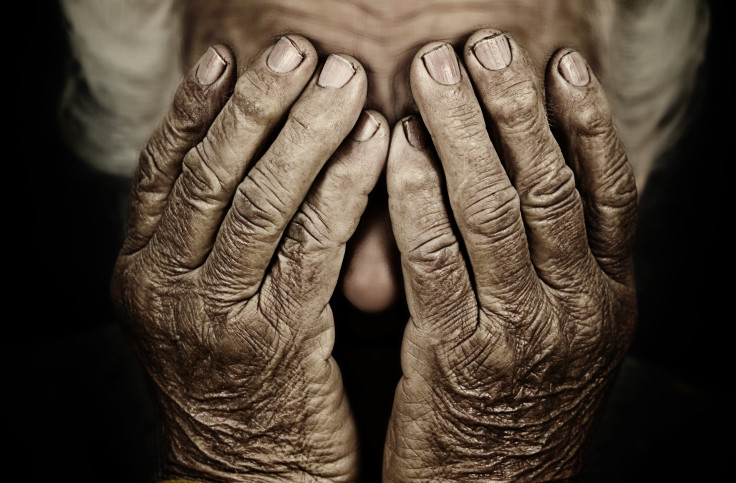Surviving Spouses More Likely To Recover Emotionally After The Death Of A Terminally Ill Partner When Their Partners Were Given Hospice Care

How our loved ones spend their last days may impact our later mental well-being, according to a new study in JAMA Internal Medicine. The study found that the surviving spouses of terminally ill patients who were provided at least three days of hospice care were more likely to report fewer depressive symptoms when compared to the spouses of those not provided hospice care.
Using data from the Health and Retirement Study, a nationally representative sample of adults 50 years or older, the authors matched it to corresponding Medicare claims, ultimately studying the surviving spouses of 1,016 patients who reported at least one severe illness before death. The authors were able to examine the spouses’ emotional state through the time period of their loved ones’ deaths and up to two years afterward. They then compared groups whose spouses had received hospice care with those who hadn’t. One-third of the patients in their study had used hospice care, defined as dedicated medical and psychological support intended to ease their transition into death.
About half of the surviving spouses reported worsening depressive symptoms over time; these results didn’t seem to be influenced by hospice use. But hospice users were more likely to report an improvement of depressive symptoms than nonhospice users, even when they were the primary caregivers of the deceased. Though the difference between the two groups wasn’t considered statistically significant, the authors felt that hospice care was still associated with a small improvement. “A modest reduction in depressive symptoms was more likely among spouses of hospice users than among spouses of nonhospice users,” they concluded.
As Americans increasingly get older and develop intractable illnesses that simply can’t be treated, the question of how effective hospice care can truly be is one that the authors were looking to answer. "If we want to understand the impact of hospice care, we should consider the potential benefit not just to the patient, but to the caregiver, and perhaps, the entire family and social network," said lead author Dr Katherine Ornstein in a press release, "We need to remember that care near the end of life affects not only patients, but also their loved ones."
The authors note that an equally important finding of their study is that most survivors felt only more depressed in the wake of losing their partners. It’s a gap that the authors feel can be better addressed by treating the end-of-life process with the respect it deserves. "Additional support is needed for families and caregivers throughout the often long course of serious illness," said senior author Dr. Amy Kelley, "We need to promote the high quality caregiver support and bereavement services offered in hospice and expand access to palliative care for people who are not hospice eligible." As things stand, hospice care is an option only occasionally discussed by the medical providers of terminally ill patients, and many eligible for hospice never go on to utilize it.
The death of a loved one may never be easily accepted by those they leave behind, but with the help of trained professionals, it may become a lighter burden to shoulder.
Source: Ornstein K, Aldridge M, Garrido M, et al. Association Between Hospice Use and Depressive Symptoms in Surviving Spouses. JAMA Internal Medicine. 2015
Published by Medicaldaily.com



























